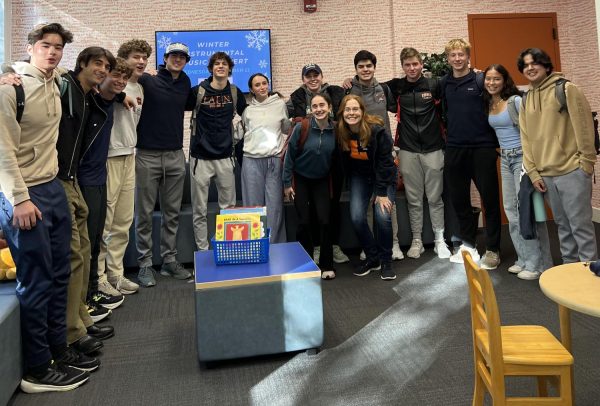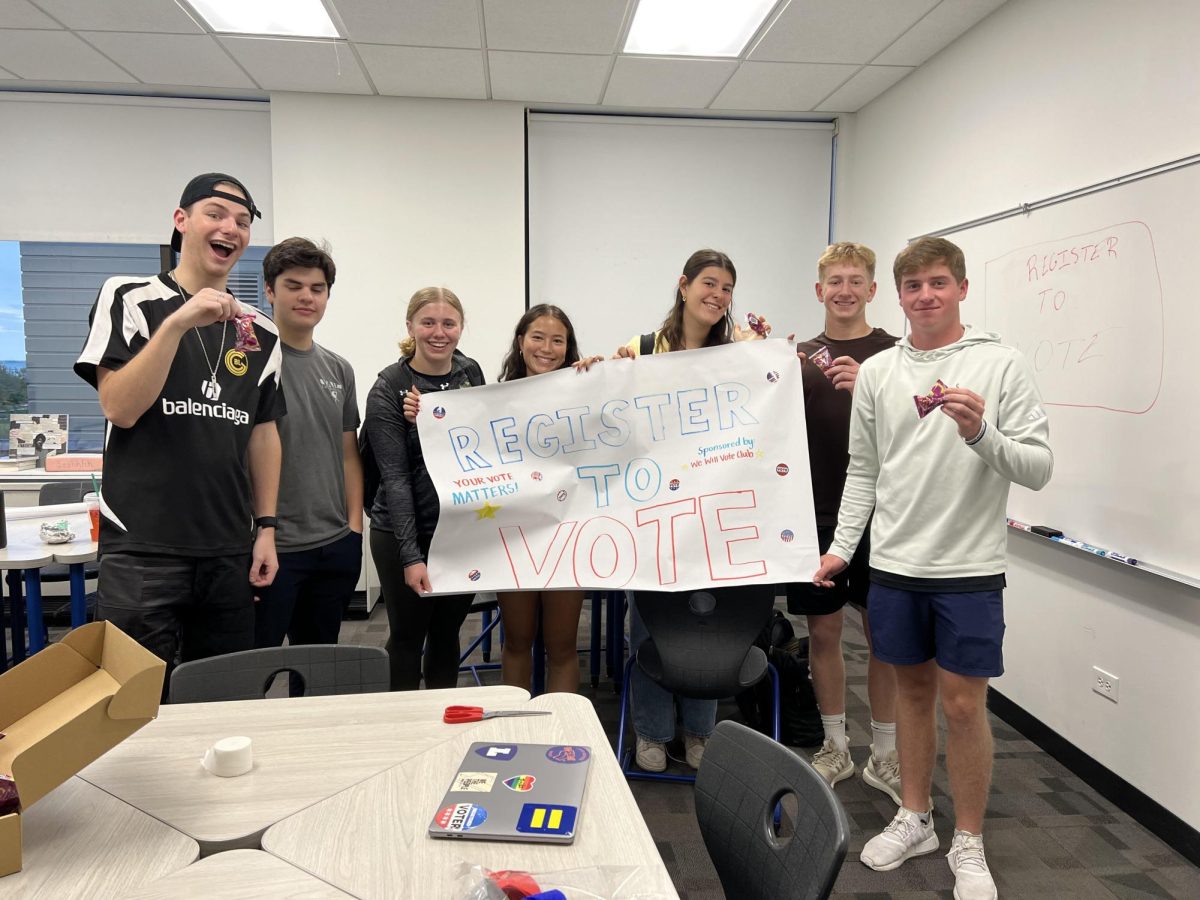I’m not voting—I live in Illinois so it won’t count anyway.
Sound familiar?
I often hear these words around election season. If everyone had this detrimental mindset, our democracy wouldn’t function as designed because it would no longer be representative of the people.
It is no secret that Illinois is a historically blue state. By not voting, however, residents become political bystanders, assuming that other voters will do the work for them.
The collective nature of voting makes this issue not only a political one but an ethical one. Kant’s categorical imperative, built upon the principle of deontology—the idea that what makes something ethically right or wrong lies in the morality of the act itself, not in the act’s consequences—can be applied to voting. The importance of voting lies in the value of civic engagement and interacting with democracy, regardless of the outcome of an election or its predictability.
That being said, in 2024, Illinois voter turnout was in the bottom half of U.S. states at just 59.4%—that’s six percentage points lower than the national voter turnout and seven percentage points lower than Illinois’ turnout was in 2020. One reason for these numbers could be that Illinois voters don’t think their vote will make an impact.
Data like this gives politicians and citizens insight into how voters are thinking.

Upper School history teacher Debbie Linder said, “Whether you’re a Democrat or a Republican, numbers matter. I don’t think the election was close in Illinois, but it was closer, and I think people use that as a barometer. Politicians will use that. Maybe somebody will say, ‘Maybe I can get into the race.’”
She continued, “I think every time you express yourself, you’re sending out a message, and people hopefully will use that to make some decisions or make some changes to make our government better.”
This issue is especially pertinent in school settings because young adults (ages 18-29) tend to vote less.
In hopes of raising the young voter turnout, Ms. Linder advises the We Will Vote club, which encourages Latin’s young voters to stay informed and exercise their democratic right.
“I think that high school students don’t realize that they have power,” she said. “Coming of age and being able to vote is a beautiful thing.”
Senior Luca Presser voted for the first time this election.
“It’s important to get your opinion out and make your imprint on the country,” he said. “[Voting] was the most liberating moment of my life, and I really enjoyed it. I felt like I was a true American citizen, and it just made me really happy. I definitely recommend that everyone gets out and votes in the next election. Any time there’s an election in a city, vote. Make your mark on Chicago and on the United States.”
Senior and Co-Head of We Will Vote club Carla McSweeney also emphasized the importance of participating in Chicago’s democracy.
“It continues to be important to vote because, at the end of the day, every vote matters,” she said. “During elections you are not only voting for president. You vote for local issues and candidates such as aldermen, school board, judges, and ballot measures where your vote truly does matter.”
This year was also the first-ever election for the members of the Chicago Board of Education, a governing body that directly affects Chicago’s students.
In addition, ballots include state referendums. This year there were three issues on the ballot: election worker protection, property tax relief, and whether health insurance should be required to cover reproductive health.
Regardless of the outcomes of elections, higher voter turnout means more civically engaged citizens and a more representative democracy. Your vote is your power, no matter where you live. Don’t be a political bystander. Take the wise words of Lin Manuel-Miranda to heart, and don’t throw away your vote.


















































Alice • Nov 19, 2024 at 1:24 pm
What a thoughtful article ! Great job
Deborah Linder • Nov 19, 2024 at 10:42 am
Great article, Natasha!